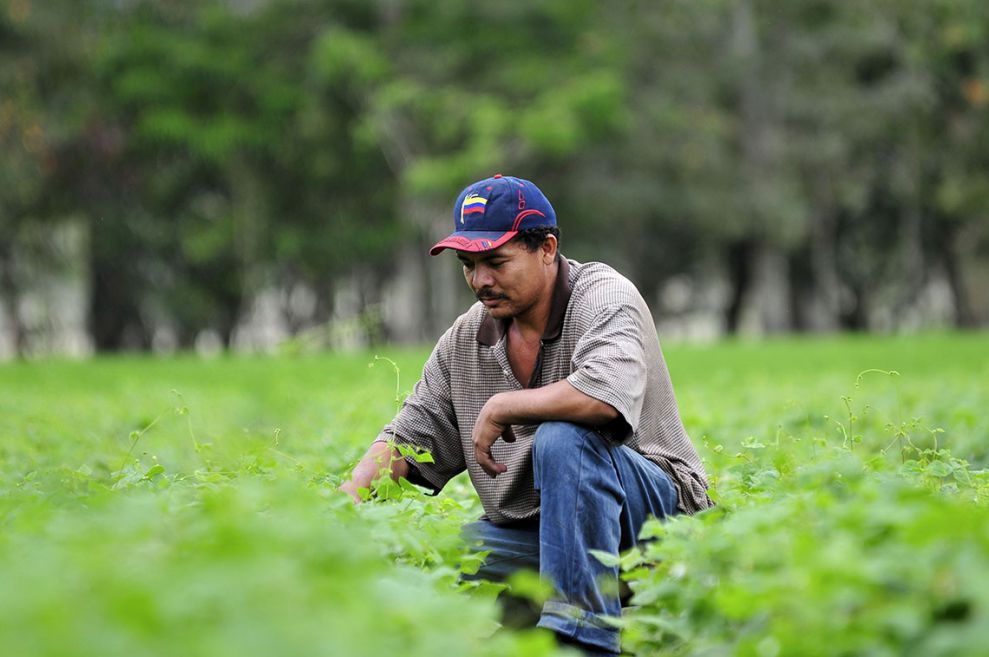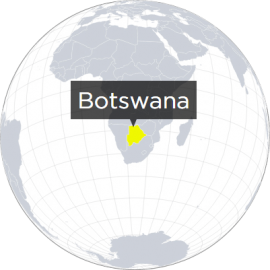Property rights are an integral component of prosperity, giving individuals a stake in both the economy and society. Protecting property rights therefore provides an essential guarantee that what has been created as a result of an individual’s hard work will not be jeopardized. Furthermore, as the renowned economist Hernando de Soto highlights, ‘you need a property right before you can make money’; such rights are required to catalyse further economic endeavours, giving individuals an asset against which they can borrow.
Investment Environment Spotlight: The importance of property rights

Investment Environment has improved in all regions of the world over the past decade, with Eastern Europe and Asia-Pacific making most progress since 2011. One of the key drivers has been strengthening property rights, which have seen an overall improvement since 2014, with progress reported in 131 countries. Whilst advanced economies such as Finland and Switzerland enjoy some of the most established property rights, some of the most notable improvements have been in sub-Saharan Africa. The region is home to six of the 15 most improved countries since 2014, including Benin, which has posted some of the greatest improvements due to the strengthening of intellectual property rights and a reduction in the number of procedures to register property.
Investment Environment has improved in all regions of the world over the past decade, with Eastern Europe and Asia-Pacific making most progress since 2011. One of the key drivers has been strengthening property rights, which have seen an overall improvement since 2014, with progress reported in 131 countries. Whilst advanced economies such as Finland and Switzerland enjoy some of the most established property rights, some of the most notable improvements have been in sub-Saharan Africa. The region is home to six of the 15 most improved countries since 2014, including Benin, which has posted some of the greatest improvements due to the strengthening of intellectual property rights and a reduction in the number of procedures to register property.
As such, effective property rights are an essential precondition of economic development. Over the past five years, the 10 economies with the strongest property rights have grown two-and-a-half times faster than the 10 with the weakest property rights. Research conducted by the Legatum Institute has also highlighted countries that have experienced a raft of ancillary benefits after developing a clear and robust system of property rights. These include addressing the grievances caused by the expropriation of land and property during conflict, dramatically increasing the changes of securing a lasting peace.
In addition, committing to upholding property rights enhances the legitimacy of governments and their leaders. This was well illustrated in post-independence Mauritius, where no attempts were made to expropriate the agricultural lands of the Franco-Mauritian minority population. The strength of this commitment has even seen the government commission a review of alleged cases of expropriation dating as far back as 1721. The sanctity of land titles has been upheld, even those denoting land of high agricultural value, notably for sugar cane production. This approach proved instrumental in avoiding factionalising the population, and key to the willingness of successive Franco-Mauritian-led governments to give up power in the face of electoral defeat.
The integrity of property rights acts as an important bellwether for the economic and social wellbeing of all nations. As such, it is rightly considered to be ‘at the centre of development challenges’, and an area requiring prioritization especially by the governments and leaders of low and middle-income countries.
Resolving outstanding grievances relating to the system of property rights is a common feature of many of the nations that have progressed from lower to lower-middle-income status in recent years. This is illustrated by Nicaragua, where the World Bank estimates that up to two-thirds of land in rural areas now has a clear title following successive bouts of conflict-related land appropriation during the Somoza and Sandinista regimes.
Concerted effort through the country’s First and Second Land Administration Projects (PRODEP), has helped Nicaragua modernise and consolidate its framework for land administration, prioritising formalising the land rights of its poorest citizens, and recognising the land rights of indigenous peoples. One million hectares of indigenous land have now been demarcated, titled, and registered, covering roughly 20% of the country’s territory.
There can be little doubt that by protecting property rights, governments encourage widespread participation in the economy, promote social cohesion, and strengthen the social contract with their populations. In doing so, they are creating a crucial pathway to prosperity.
Did
you know?
Only around 1 billion of the world’s 7.9 billion people enjoy real, unquestionable rights to own their property and ideas, with only 30% of the global population having legally registered rights to their land and homes.





